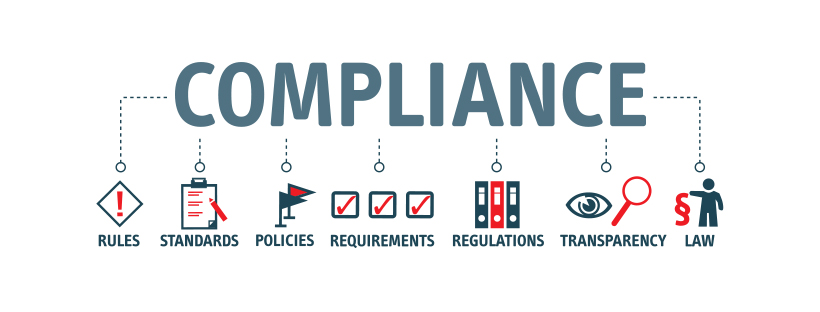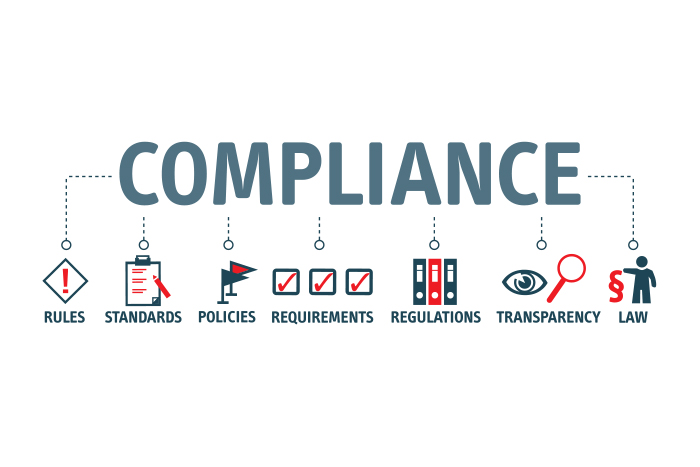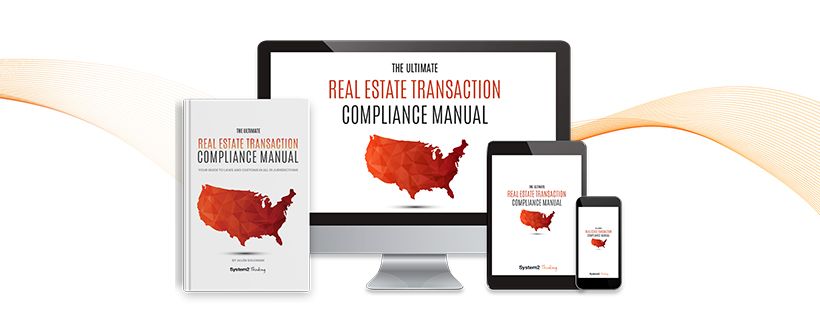Keeping up with a title agency’s daily operations is often difficult enough as it is. In the midst of the daily hustle and bustle, taking a step back in order to think or act in a strategic manner can be a tall order. However, the sum of our daily business actions can produce the results and transformations a company needs to stay competitive—or can result in the incremental inefficiency that brings a company down. Acting strategically requires business stamina and strategic muscle. And businesses develop those muscles by using strategic planning to improve their strengths and fortifying their weak areas.
Strategic Planning is an Imperative
Without a good plan to follow, title agencies will often experience mission drift and suffer a slow demise as a culmination of poor decisions and misguided actions exact their damage over long periods of time. Strategic planning helps bring clarity to an otherwise cloudy business vision. The very process of strategic planning helps a company identify market trends and customer preferences, which the company can then address accordingly. Laying down a solid business plan establishes the correct architecture for fiscally responsible growth, and—second only to superb execution—is the single most important determinant of organizational success. Success largely depends on an entity’s ability to build internal capacity and capability that sets in on the right path.
No Pain, No Gain
Strategic planning is rigorous work. Organizations new to the discipline sometimes get discouraged early on, wondering if the effort they are expending will be worth the payoff. Of course, most of us already know that strategic planning is well worth the effort, but for the naysayers and doubters out there, let’s spell out the benefits.
Strategic planning achieves the following goals:
Forces consideration and planning for the future: Strategic planning helps define a course of action that furthers the mission of the organization and creates the capacity to grow successfully. A thorough strategic planning process identifies potential growth markets that can be investment opportunities for the organization’s resources. Such markets can become the next generation of revenue sources and replace those that are becoming saturated, undergoing fundamental changes that pose risk to the business, or experiencing decline.
Identifies the correct organizational priorities: Because strategic planning involves a structured analysis of initiatives, it forces companies to align their spending with their priorities. On a more subtle level, strategic planning relates to hiring decisions. Correct hiring practices support strategic programs by supplying the business with the right talent at the right time. The operational plans, within the strategic planning umbrella, spell out those requirements. Additionally, strategic planning promotes job performance accountability and gives incentives for completing goal-related initiatives. For the roles and responsibilities of an organization’s personnel to remain clear, the right incentives must be provided for those who perform high quality work. Employees that understand their role in the company and know exactly how to perform their job and contribute positively to the organization become empowered team players.
Provides structure and accountability: People thrive best in structured environments—including well-organized workplaces. A strategic plan aligns thinking, action, and values, and it helps motivate management and employees by giving them a clear direction to work toward. Strong line-level managers and employees are better able to guide the operations of a company and take the reins for the goal-supporting initiatives that fuel a company’s future. Using organizational performance indicators and metrics makes controlling and managing workflow easier, as this information indicates the need for evaluation and analysis early, when corrections can be made more easily and at less cost. Once proper accountability is established, those closest to the action in a business can respond quickly and appropriately when needed—always operating within predefined spheres of control and in concert with the strategic goals. This system allows employees to embrace the business vision and fully participate in its tactical execution.
Strengthens culture: Ultimately, strategic plans help strengthen an organization’s corporate culture. In practical terms, the process of planning the execution of strategy means energizing and inspiring people so that they truly invest themselves in the organization’s continued success. In order to achieve this goal, the CEO must serve as a sort of “strategy ambassador.” Everyone in the organization should fully believe that their actions are relevant to the business’s achieving its mission and strategic objectives. This sense of involvement should include all executive management, senior managers and employees; but it also extends to customers, vendors, partners, investors and even boards of directors. Open and honest communication about a company’s strategy a vital ingredient to achieving employee buy-in—and the motivation and inspiration that results from it. In fact, a key aspect of the planning process is creating the most effective communication pathways possible. Good communication unifies the organization behind a goal, and subsequently the culture grows stronger and healthier.
The Cost of Not Acting Strategically
Just as there are payoffs to diligently performing strategic planning, there are consequences for neglecting to do so. Consider Borders Books. Once a prominent brand, they no longer exist today and have even vanished from the online shopping world.
The old Borders website redirects shoppers to the Barnes & Noble website with a welcome message to Borders customers.
Undoubtedly, Borders Books is a sad example of a business that failed to plan for their future correctly. As a result, in September 2011 Borders Books closed its doors forever. The company liquidated all of its assets and delivered pink slips to approximately 11,000 employees.
Meanwhile, as a result of smarter strategies that recognized and accounted for changing dynamics in their marketplace, competitors like Barnes & Noble fared much better. How can two such similar bookstore giants end up on such divergent paths?
For starters, as early as the 1990‘s, Barnes & Nobles noted the growth and popularity of online book sales and e-books. The company adopted a strategy to become a player in online book sales and invested in programs that would make it a major player in the sale of books over the Internet. This strategy paid off. Their early entrance into online sales arrived in time to capture market share and establish a beachhead. Likewise, Barnes & Noble developed the Nook to strategically position themselves with the market segment that prefers to read e-books. On the other hand, Borders Books ignored the market trend, outsourcing its online sales to competitor Amazon—a decision that turned out to be a huge strategic blunder for Borders. Borders also pumped money into plant capacity to support distribution of physical books, despite the declining market, and updated their retail store across their large network. Instead of taking a dynamic stance, they stayed in the same rut even as the market changed. Borders wasn’t able to evolve quickly enough, and it suffered as a result of its lack of strategy.
Finding the Right Strategy for Your Company
In terms of a business operation, capacity refers to the actual or potential ability to perform smoothly, yield results, and withstand challenges. Capability means actually living up to this potential. Capability is the sum of expertise, hard work, and capacity. Strategic planning helps systematically expand a company’s capacity and develop its capability. However, be aware that strategic planning is rigorous work. Organizations new to the discipline often get discouraged when the first challenges arise. It’s much easier to follow a rut than to interact dynamically with your current and potential markets.
For business organizations to consistently demonstrate strategic behavior, the enterprise must have developed the strategic “muscle” it takes to get the job done and the business stamina to actually accomplish its goals. Businesses build strategic muscle by developing their strengths (increasing capability) and fortifying in their weak areas (increasing capacity) through strategic planning.
Without a good plan to follow, businesses languish in their current-state and fail to evolve into modern competitive enterprises. So start thinking today about how you can start developing and flexing those strategic muscles—and watch the success that follows from having a proactive, strategic outlook. But remember: strategic planning isn’t for the faint of heart.

















